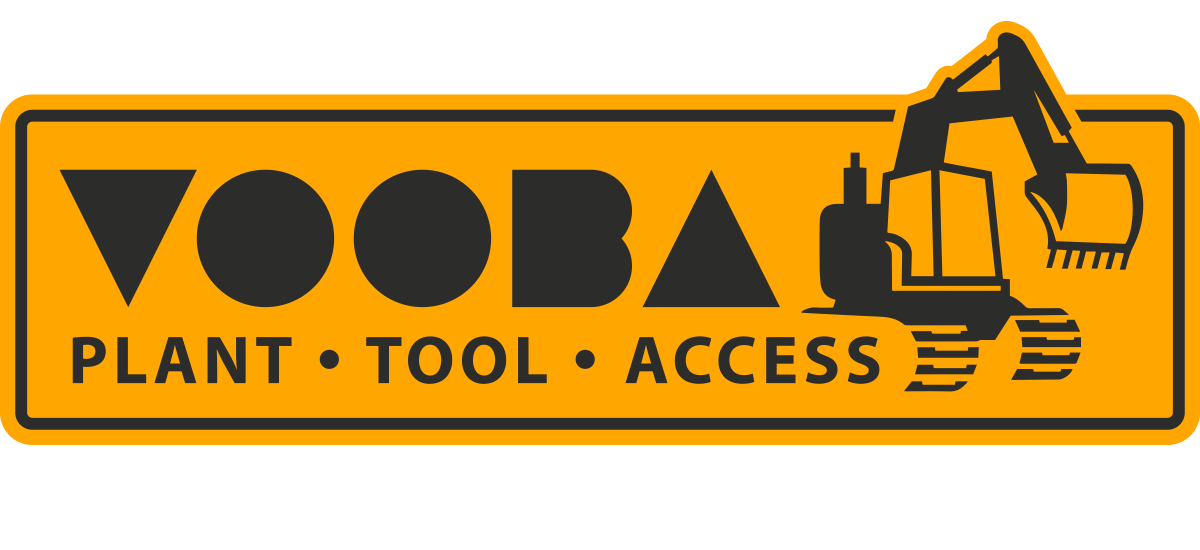 In a constantly evolving digital landscape, the significance of updating your website on a regular basis cannot be overlooked. Whether you’ve recently become aware of your site’s outdated appearance or have long recognised its lack of relevance to your target audience, keeping your content up-to-date is key to maintaining its appeal. This not only enhances your site’s attractiveness to search engines, but also captivates potential customers, making it a vital strategy for staying on top of ever changing online trends.
In a constantly evolving digital landscape, the significance of updating your website on a regular basis cannot be overlooked. Whether you’ve recently become aware of your site’s outdated appearance or have long recognised its lack of relevance to your target audience, keeping your content up-to-date is key to maintaining its appeal. This not only enhances your site’s attractiveness to search engines, but also captivates potential customers, making it a vital strategy for staying on top of ever changing online trends.
In this blog, we’ll share some of the top benefits of regularly updating your website, from elevating brand awareness to fostering customer loyalty. We’ll also address some common queries surrounding web content updates, tackling questions such as “how often should you update your website?” and providing practical tips on how you can manage the process yourself.
Why You Should Update Your Website
There is no better or more cost-effective way to promote your brand than via your own website. Just as you wouldn’t train your sales team once and then neglect to provide ongoing updates on the industry and the latest product launches, your site deserves the same level of attention. Regular maintenance and updates are essential to ensure that your online presence remains informed, engaging and aligns with evolving trends.
The Benefits of Updating Your Website Frequently
Improve Your SEO
The world of Search Engine Optimisation (SEO) is constantly evolving. Essentially, search engines aim to provide users with the best answers to their search queries. Keeping your website content up-to-date is crucial to ensure optimal performance.
If you can prove to Google that you are a reputable source of information, rankings will improve, leading to increased sales over time.
Increase Customer Loyalty
Building brand loyalty is vital for business success. To prevent customers from growing bored of your offerings, regularly introduce new content to your site. This could be a blog post outlining the latest industry news, a brand new product or updates to a service package.
Drive Traffic From Social Media
Updating your website with new content on a regular basis provides fresh material to share on social media platforms. This not only boosts site traffic but also expands your online presence, demonstrating to potential customers that your brand adopts a proactive approach to staying ahead of the trends.
Enhance Security
Regular updates, including software patches and security fixes, protect your site from vulnerabilities. An up-to-date site is less susceptible to cyber attacks.
Reflect Business Changes
Whether intentional or unintentional, your business will naturally over time, and your website should mirror these changes. Regularly updating your site enables you to showcase new products, services and achievements, ensuring your audience remains informed and keeping your brand at the forefront of their minds.
Ensure Optimal Performance
Frequent maintenance, updates and optimisations contribute to the overall performance and speed of your site. Given the increasing number of users browsing on mobile devices, a slow website can drive potential customers away.
Prioritising speed ensures you remain the preferred choice, catering to the requirements of today’s tech-savvy audience.
 How Often Should You Update Your Website?
How Often Should You Update Your Website?
Regularly assessing your website performance and making any necessary adjustments will contribute to its long-term success. Whether you decide to optimise historic blog posts on a weekly basis or conduct a major site analysis every six months, the key is to remain consistent.
Given how quickly search engines update, it’s advisable for brands to upload new content to their site at least once a month. Ensure the content aligns with your services and provides value to your target audience; this will enhance both relevance and usefulness.
How to Update Content on a Website
Updating your website alone can be a tricky task. If you’re determined to tackle it independently, you’ll need to take into account the following considerations:
Tools - Each website maker or backend editor comes with its own unique interface and potential challenges that you might need to familiarise yourself with before making any modifications to your website. Fortunately, there will likely be numerous YouTube tutorials available to guide you through the process.
Backup - Prior to making any changes, make sure you have a backup of your site to prevent data loss in case of unexpected issues.
A/B Testing - Conduct thorough testing after any updates are made to ensure that all elements of your site, including functionality and design are working properly.
Legal Compliances - Don’t forget to update legal elements, such as privacy policies and terms of service, to ensure they comply with any changes in regulations or industry standards.
Customer Feedback - Consider user feedback and address any reported issues or suggestions to enhance the overall customer experience.
Compatibility & Security - Check the compatibility of any plugins, themes or features with the latest updates to maintain seamless performance. Use strong passwords to ensure your website remains secure during and after any updates have been made.
Do You Need Help Updating Your Website?
Whether you need help maintaining the optimal performance of your recently launched site or are aiming to refresh the outdated appearance of your existing website, we’ve got you covered. At Vooba, we can provide you with an array of digital marketing solutions, from SEO and content creation to the Abnix Solutions plant and tool hire web package, tailor-made for tool hire companies. The platform boasts a user-friendly structure that aligns with the needs of modern hire companies, providing flexibility for effortless amendments and maintenance, even with minimal IT knowledge.
If you’d like to find out more about any of our services, please get in touch. Give us a call on 01798667167 and one of our knowledgeable team members will be more than happy to help.
